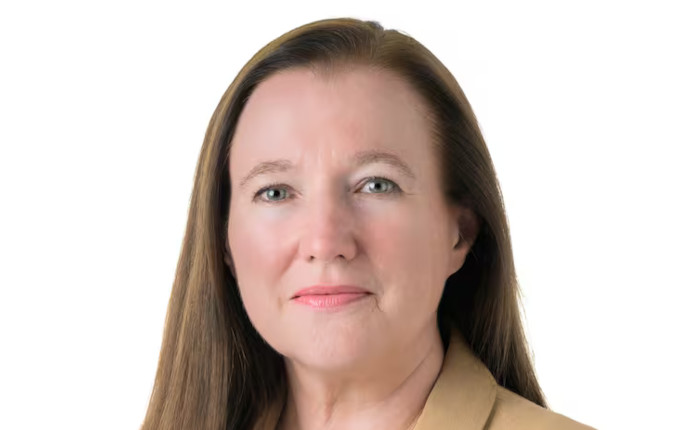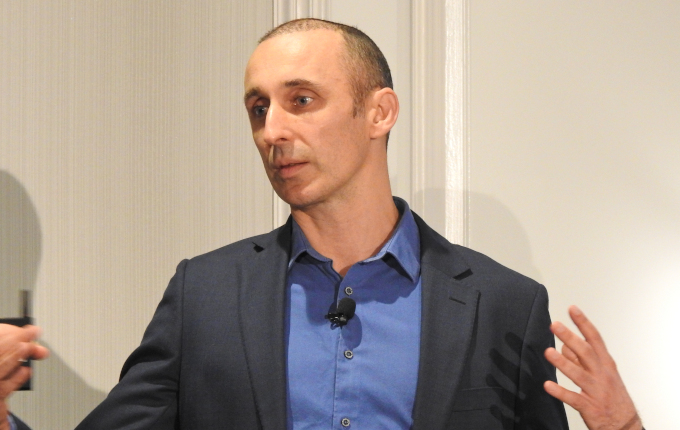Can Bond Managers Invest Responsibly?
Given the bond market is the largest capital market in the world, the question of how bond managers can invest responsibly, or sustainably, is of crucial importance and an ever-increasing focus for investors.
However, both demand and product offering have until now clustered around the equity space, while the choice available to ESG fixed income investors has been limited.
In addition, a number of stumbling blocks make it harder to implement a ‘true’ style of ESG investing in the fixed income space.
In a webinar co-hosted with TwentyFour Asset Management, a boutique of Vontobel, [i3] will attempt to confront and address some of these challenging issues.
Can Engagement Work?
One of the biggest issues is that fixed income investors do not get a seat at company AGMs and are therefore unable to vote. Engagement is a critical element of sustainable bond investing but is that sufficient to impact corporate behaviour?
With big companies often going to the bond market several times a year for funding, will they appreciate what a failure to engage today might mean for their cost of capital tomorrow?
Using Incomplete Data
The availability of data in the fixed income space is much less transparent than in equities. It is estimated that at least a third of the bond investment universe is not currently covered by publicly available data. While this is improving all of the time, it remains far from perfect.
Credit vs ESG Ratings
Judging whether a company or government is acting responsibly and sustainably essentially boils down to a value judgement. Unlike credit ratings, which are based predominantly on objective measures such as leverage (which is why credit ratings are usually so highly correlated), an ESG rating is far more subjective – and why they are usually so uncorrelated.
However, this also means that how any ESG database makes these value judgements is critical – because the outcomes can be so wildly different.
Anecdotally, the best-performing companies both in terms of alpha and ESG are likely to be those that score relatively poorly on ESG metrics today but are committed to positive change. How do you capture that?
ESG Integration vs Sustainability-focused Bonds
The difference between the two is significant but sometimes confusing.
Whereas sustainability focused bonds entail a rigorous screening approach, integration means considering ESG factors as part of the relative value decision alongside traditional methods of credit analysis. If the company looks risky in terms of ESG factors, then the yield needs to be higher to compensate. ESG integration doesn’t stop bond managers buying into companies that might have relatively poor ESG scores, therein lies the quandary.
Fund Performance vs Volatility
Applying a negative screen to the portfolio, ie excluding certain sectors such as tobacco and alcohol may cause the fund to lose out in terms of performance, while increasing volatility and hence tracking error. This can be attributed to the defensive characteristics of bonds in many of these ‘sin’ sectors, despite the companies’ exposure to ESG risks down the line.
Is there a sweet spot for combining positive and negative screening, while considering ESG risks?
Green Bonds remain Problematic
This fashionable market continues to grow rapidly, where some governments and companies use such issuances to misrepresent their green credentials while lowering their funding costs. On one level, this is encouraging as it shows asset owners are willing to fund the transition to a more sustainable future, but they are often suffering reduced returns while demand is greater than supply.
Anecdotally it is not surprising to hear that investment banks’ bond origination desks are scouring their clients’ operations looking for a green bond angle. Is the green bond market sustainable in the long run or does it risk becoming discredited? Is there a need for regulators to enforce standards?
Are Sustainable Development Goals (SDGs) bonds an alternative future model? With their firm-wide link to long term sustainable outcomes, will they open sustainable and cheaper funding opportunities for issuers that have so far been unable to issue green, social or sustainability bonds? How can these help align the interest of issuer and investor?
Are Government Bonds Sustainable?
A 2016 study by the United Nations found that ESG integration is lower by asset class in sovereign, supranational, and agency bonds than many other asset classes, including corporate bonds, yet they are uniquely exposed to energy and climate risks, and often buy, manufacture, use or threaten to use various weapons.
Arguably, ESG funds need to maintain the ability to invest in government bonds for their risk-off properties, but for sustainable strategies, should government bonds that fail to meet the same scoring thresholds set for corporates still be included for their defensive characteristics?
A Bright Future for ESG Fixed Income?
Despite the inconsistencies and discrepancies in many areas, the capital markets will continue to shift towards promoting better societal outcomes at pace, and the direction of travel is overwhelmingly positive.
Presenters

Chris Bowie is one of the partners at TwentyFour Asset Management, joining in September 2014 to create and manage the Outcome Driven business line.
This business line sits between the ABS and Multi-Sector Bond strategies and tends to have greater exposure to interest rate sensitive bonds, where the active management of duration risk is a key determinant of absolute and relative performance. Chris is also a member of the firm’s Investment Committee and a member of the firm’s ESG steering group.
Chris has over 28 years of experience across fixed income markets, having been Head of Credit at Ignis for 10 years, and Head of Rates at AEGON (now Kames). Before AEGON, Chris was a senior portfolio manager at Murray Johnstone Ltd (which was acquired by Aberdeen Asset management).

Charlene Malik joined TwentyFour in September 2018 after spending 6 years on the sell-side at Citigroup and RBS after graduating from King’s College London with a BSc in Computer Science.
She is working in the Multi-Sector Bond Team in a portfolio management role.
Enquire about this event



![[i3] ESG Fixed Income Webinar with TwentyFour Asset Management } Investment Innovation Institute](https://i3-invest.com/wp-content/uploads/2021/08/sustainability-3300898_1920-573x430.jpg)



